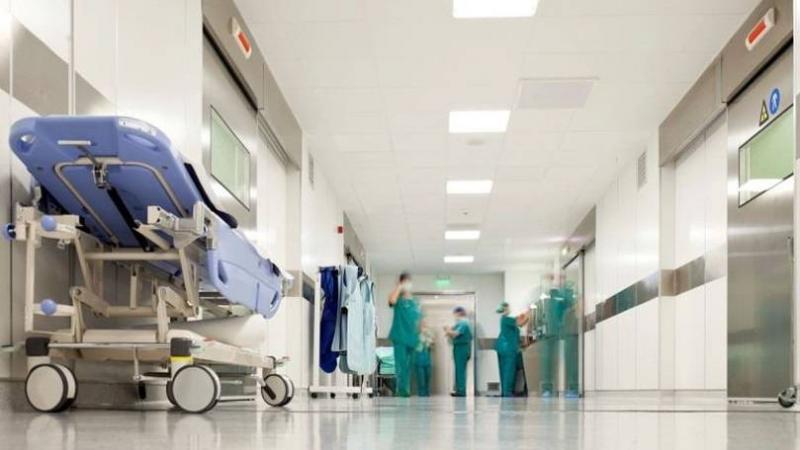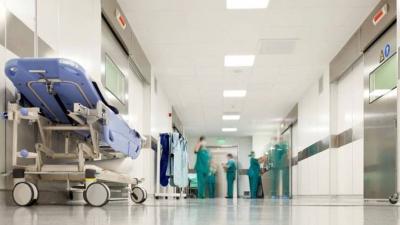The political authority is struggling to delineate the boundaries between the ongoing financial collapse and its implications on the Lebanese population's ability to endure. This has also affected the service and hospital sectors, which resorted to imposing additional drug and hospitalization costs on patients due to restricted liquidity movement in banks. Hospitals operating outside the banking system, because they have been placed on international sanctions lists, have benefitted from this situation by attracting patients.
Minister of Health Firas Al-Abyad found lifting subsidies on medicines and baby formula to be a solution to the government's inability to control its borders and limit smuggling operations. Meanwhile, head of private hospitals, Sleiman Haroun, suggested that the solution to the banks' seizure of private hospitals' funds lies in charging patients for their medication in cash, as well as covering the differences to be paid in cash dollars or equivalent in Lebanese pounds at the current black market rate. The differences that a covered patient pays can reach up to 70% of the hospitalization bill, whereas previously they only bore 10% before the intensification of the crisis in 2019, when the National Social Security Fund covered 90% of the costs.
Conversely, the situation for uninsured patients has improved, with the Ministry of Health covering between 50% and 70% of the bill value, leaving patients to pay the remaining amount in cash, which is about 30%. Haroun explained to "Nidaa al-Watan" that the recent issue arises from drug and medical supply importers refusing to accept payments in bank checks and restricting payments to cash, reiterating the request for the central bank to secure 200 billion Lebanese pounds monthly for hospitals to be used in cash, sourced from their accounts in banks rather than further burdening the state.
He pointed out that these amounts exist in the hospitals' bank accounts, which are fed through transfers conducted by the Central Bank, transferred by the Ministry of Health and Military Health among others. The problem lies in hospitals' inability to receive these funds in cash and to manage them for payments due to suppliers and staff.
Following Haroun's discussions, it was noted that the Governor of the Central Bank allocated 90 billion Lebanese pounds monthly for hospitals, emphasizing that this amount would lead hospitals to a dead end, forcing them to impose additional burdens on patients.
Amid the financial crisis's impact on citizens and the inability of government hospitals to provide most healthcare services, some patients have found their only option in hospitals affiliated with "Hezbollah" to avoid suffering at home, as private hospitals have become accessible only to the wealthy. Such hospitals, including "Al-Rasool Al-Azam," offer facilities and studied prices, which several observers have interpreted as a way to retain all their financial revenues from the state without going through banks that seize some of these funds. Haroun explained the influx of patients to "Al-Rasool Al-Azam" due to its advanced center and specialized equipment in the cardiology section.




